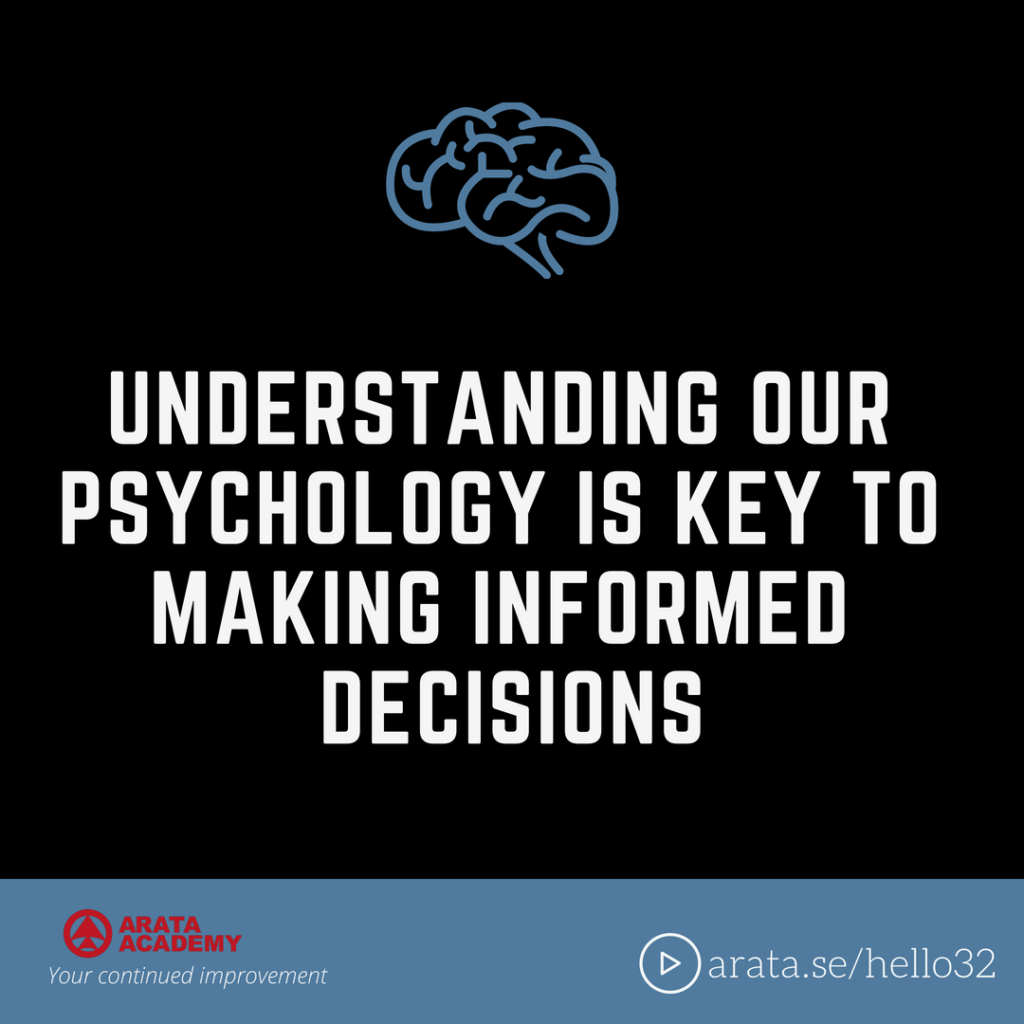Hello! Seiiti Arata. What if I told you that you lie to the point you believe in your own lies? That is the process of self-deception that affects us all through a psychological mechanism proven by an experiment led by four researchers.
In the experiment, participants had to solve logical reasoning questions. Just to give you an idea, one of the questions was “If a man’s weight is 75% of his own weight plus 21 kilograms, how much does he weigh?” (If you want, pause the video now and leave your answer in the comments). Be sure to reply in the comments so at the end of the video I will have a surprise for you.
The experiment proved how people suffer the effect of self-deception, as follows:
A control group performed the test and handed it over directly to the scientists, who had the answer key, corrected the test and calculated the average score of the participants.

Another group of participants performed the same exam, but with a difference: it was possible to cheat because the answers to the questions were at the bottom of the test sheet. Those participants were instructed to answer the questions first, and then check their own score using the answer key. To be clear: the scientists asked the participants to be honest and check the answers only after finishing the exam.
Guess what happened? Obviously the control group had lower scores on average than the group that was able to cheat by looking at the answer key on the page footer. Just as the saying goes, “opportunity makes the thief”. That is, if the test has the answer key, those taking it will take advantage and make their scores look better.
There’s nothing new so far. The demonstration of the psychological mechanism of self-deception comes now, in the second phase of the experiment.
Imagine that you were part of the group who had access to the answer key. And when you tried to answer ten questions, you got five questions right and five wrong. You got only half of the test right.
HOWEVER, as you had access to the answer key, you decided to “amend” some of the questions to which, “deep inside” you “knew” the answers.
After that, you ended up with eight questions right and two wrong, because they were really hard, and you didn’t know how to answer them. In other words, you made your results look a bit better, because you felt like you had a good reason to do so. Now you’ve got 80% accuracy.
Now the scientists ask you: if they give you a second test with one hundred questions of comparable complexity, how many do you think you would get right? Oh—the second exam DOES NOT HAVE THE ANSWER KEY on the footer. You have got to fill out the answer sheet and return it to the scientists, so that they can check your performance.
What now? Will you tell the truth, that you are only capable of getting 50% of the test right… or will you say that you will have 80% accuracy? Remember that you won’t have the answer key, and therefore you won’t be able to make your results look better than they actually are!
What the scientists have proven is that people tend to believe in their own lies. In an example like ours, they truly believe that they will score 80%; that is, they incorporate the self-deception. And that has several implications in life.

If you have ever tried to study a subject alone by doing exercises and mock tests, you have probably come across this dilemma: is it better to do all the exercises and check the results only when you finish… or can you do one exercise, check to see if you got it right, and then jump to the next, and check the answer, and so on?
The first option is always better. In order to avoid self-deception, you should first answer all the questions and check the answer key only after finishing the exercise or mock test. Otherwise, you will end up unintentionally checking the answer to the next exercise as well and fall into self-deception of believing that you aced it, that you deserve all the credit.
Understanding our psychology is key to making informed decisions, and that will have practical effects on our lives.
For example, there are people who seriously believe that they earn a salary of, say, two thousand a month. But they don’t really get that much, because that is the gross amount. They are deciding to ignore all the taxes and fees that are withheld. And it gets particularly complicated when this professional starts to do financial planning based on the gross amount. This difference in the end can greatly affect the bottom line, and the person is surprised when they don’t understand where the money is going.
Oh, returning to that question about a person’s weight at the beginning of the video: by any chance was the answer you wrote in the comments influenced by the comments of other people? Were you a victim of self-deception? We will hardly know the true answer, because this is how self-deception works: we may think we “already knew the answer”, and the other comments of others did not influence us.

